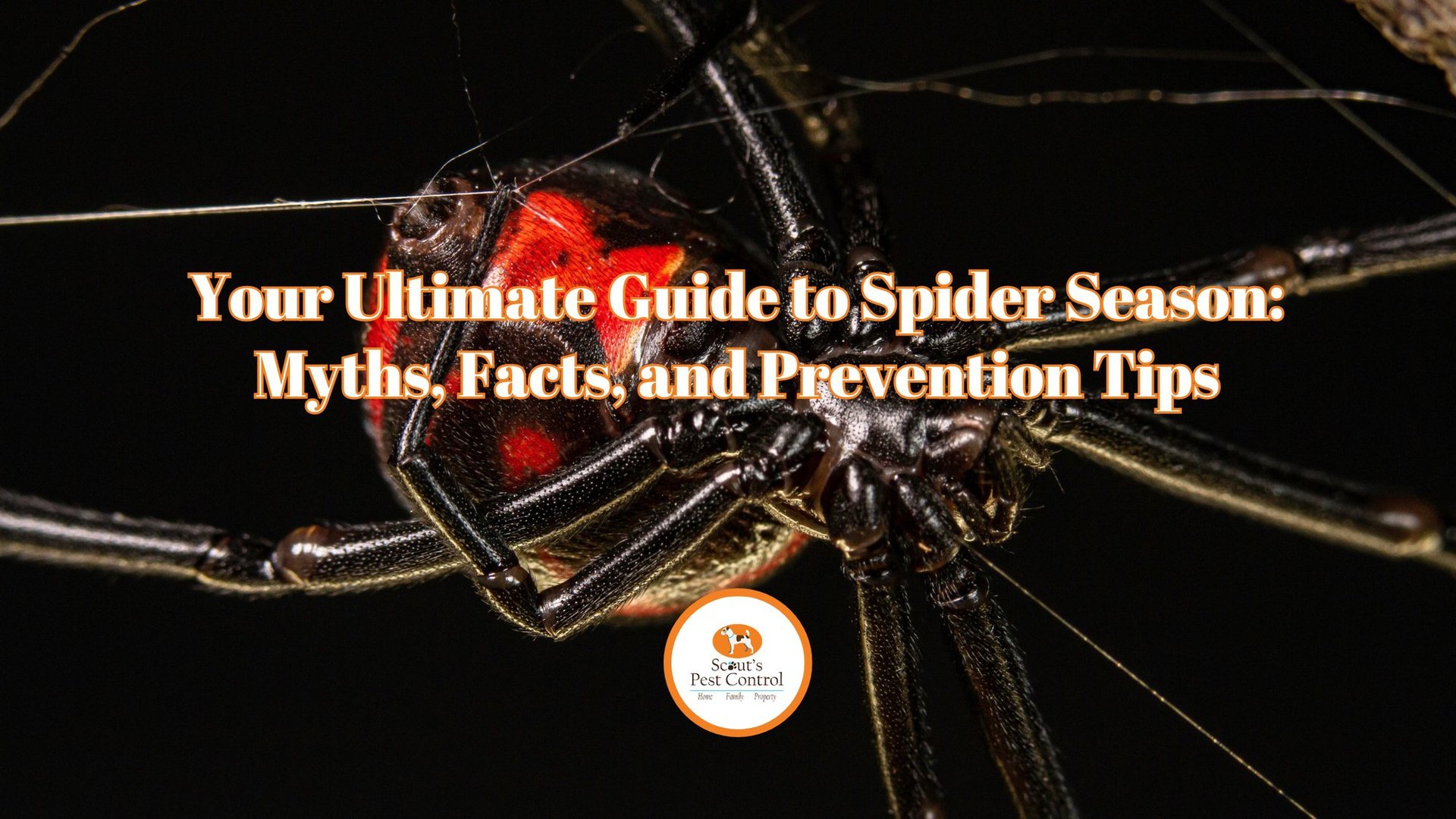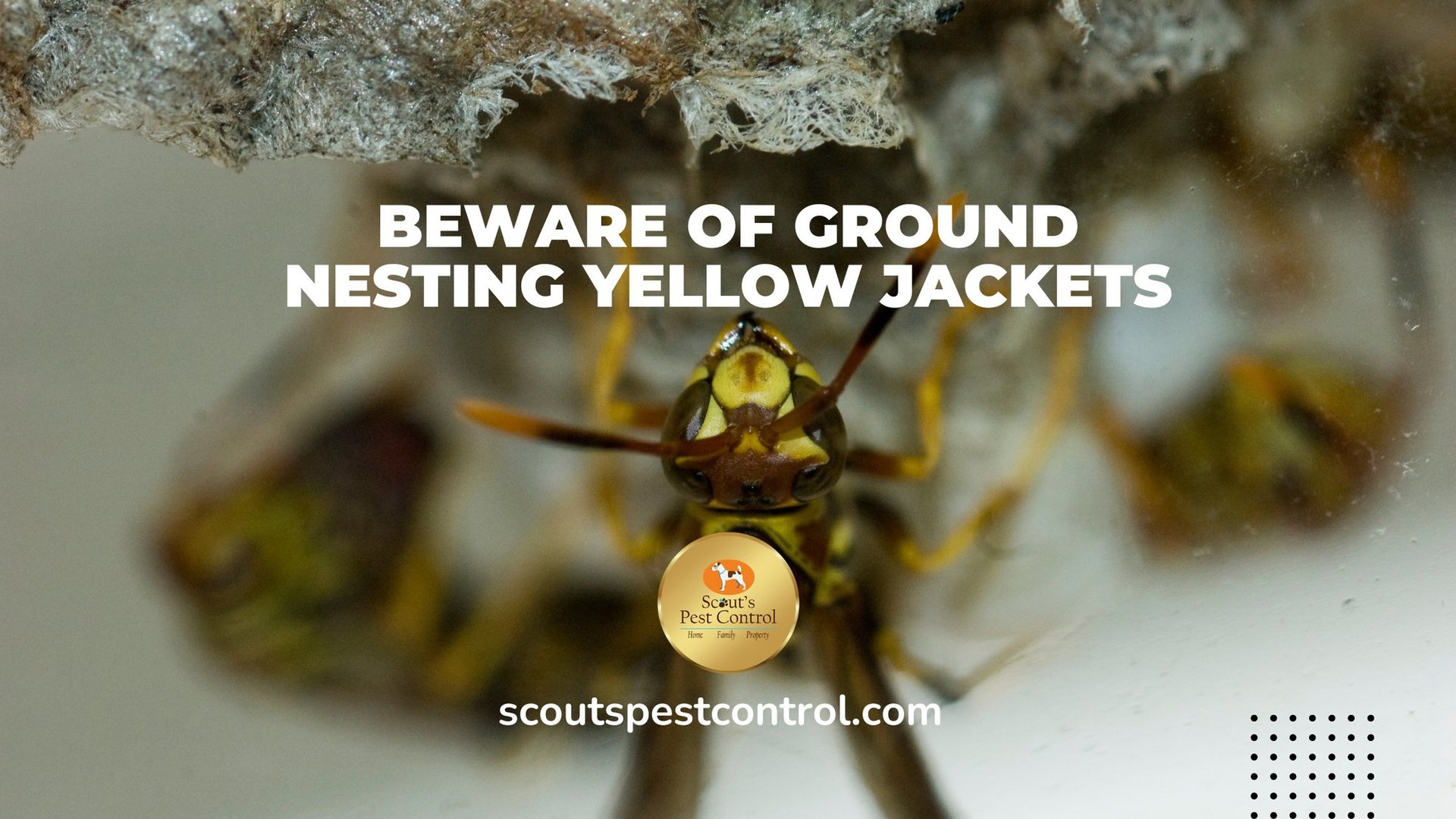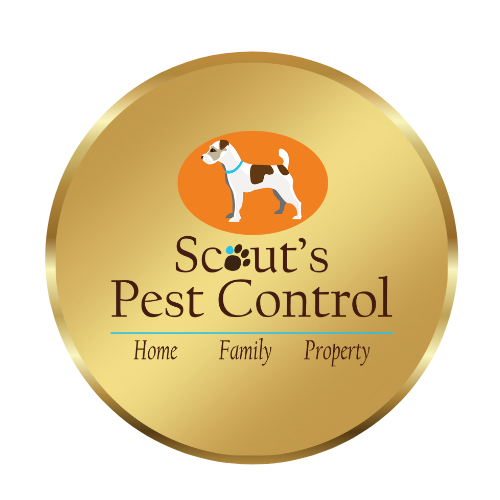Mosquitoes Kill and All It Takes Is One Bite!
As the sun sets, its golden hues kissing the horizon goodbye, families start lighting up their grills, eagerly preparing for a well-deserved summer barbecue. Laughter can be heard through the air as children play in the yard with not a care in the world. The tantalizing scent of sizzling meat fills the evening, and yards teem with the hum of joyous conversations. The stage is set for a family gathering, but an uninvited guest often appears and ruins the atmosphere. Just when you think everything is perfect, and you can chill by the grill, the mosquitoes begin to bite. You are now battling mosquito infestations that ruin your summer. But are these minute creatures merely a nuisance or something more? How dangerous are mosquito infestations?

Mosquitoes, despite being known for their annoying bites and constant buzzing, are not just a typical outdoor annoyance. They actually pose a far greater threat than simply ruining your barbecue. Despite their small size, mosquitoes are in fact, one of the deadliest creatures on Earth, bearing diseases that claim countless lives annually. Here’s the kicker: a mosquito infestation can start right in your backyard. Read on!
Mosquito infestations are a serious threat that should not be underestimated. They pose dangers that go beyond being party crashers. It is crucial to take them more seriously. We will show you that mosquitoes are more than just annoying pests that cause itchiness. They have a larger impact that is concerning. So, before you fire up your grill for the next family gathering, take a moment to explore this insightful narrative. Let’s turn the spotlight onto these miniature villains of our summer soirées, revealing the real threats lurking behind their buzzing facades.
Mosquito Infestations Are More Than Annoying

Mosquitoes have always presented a substantial danger to human health and well-being due to their propensity to transmit lethal illnesses. However, we should not underestimate the importance of having mosquitoes on the planet for ecology. Never theless, man does need to employ some serious control of mosquito infestations in populated areas. The use of pest management strategies is now more important than ever in the fight against mosquitoes and the protection of public health. These strategies play a crucial role in minimizing the impact of mosquitoes and reducing the associated risks. This introduction explores different ways to control mosquitoes and prevent the transmission of diseases. It aims to reduce mosquito populations and maintain ecological balance.
The relationship between mosquitos, people, and the environment emphasizes the importance of the need for efficient pest management strategies. Deadly diseases carried by this vector can very quickly get out of control. These diseases pose a significant risk to humans and can easily take a life. Diseases such as malaria, dengue fever, Zika virus, and West Nile virus have the potential to not only cause death, but also significantly incapacitate those affected. These are major health issues worldwide, particularly in tropical and subtropical countries. Creating and executing pest management strategies is crucial to limit the spread of mosquitoes and reduce health risks. Efforts in pest control aim to balance protecting human health with reducing environmental impacts. This is done by using measures that include both chemical and non-chemical approaches.
How Mosquito Infestations Happen
People often disregard the connection between mosquitoes and water sources, but this link plays a pivotal role in their population explosion, particularly in our gardens during the sweltering summer months. Mosquitoes, notoriously opportunistic breeders, require only the smallest quantity of water to create a thriving reproductive environment. It’s a detail that’s easily overlooked, but a tiny, even minuscule amount of stagnant water can be more than enough to cause mosquito infestations right in the heart of your tranquil garden.

From an overlooked rain-filled gardening pot, to a seemingly harmless little puddle left after watering your flowers, any form of standing water can quickly turn into a mosquito nursery. Even a bottle cap filled with rainwater has the potential to support a mosquito’s breeding cycle. Female mosquitoes have a strong instinct for survival. They lay their eggs in bodies of water or on the water’s edge. This leads to an increase in the mosquito population.
Once laid, mosquito eggs take a surprisingly short time to hatch into larvae, and the mosquito life cycle is kick-started in earnest. The speed of this process greatly contributes to the rapid spread of these pests, resulting in a complete mosquito infestation within just a few days from a single neglected water source. Imagine the seriousness of that situation when you neglect to look after your backyard.
Given mosquitoes’ preference for hot, muggy weather, summer is when these infestations typically reach their peak. The season’s frequent rain showers and increased humidity create the perfect breeding ground for these pests. When the temperature increases, it becomes crucial to remain vigilant towards water accumulation in our yards. This is because, in the fight against mosquito infestations, prevention is truly the most effective solution.
Be Proactive Rather Than Reactive

Often, many homeowners neglect to take mosquito prevention because there is a habit of not believing in the seriousness of mosquitoes or turning an ignorant eye to it, thinking “It will never happen to me.” This thought process often stems from a deep-seated misconception about the severity of the threat mosquitoes pose to our health and well-being. Many people tend to underestimate the seriousness of diseases that these insects can transmit or believe they are far off threats in distant lands.
Natural Tips to Prevent Mosquito Infestations:
You can take precautions now within your home to help negate the threat of mosquito infestations. These are easy tips to employ right now. However, these tips should not be used alone, and every homeowner should consider using professional preventative measures.
Avoid standing water: Regularly drain and clean objects that hold water, like plant pots, pet dishes, and bird baths. Keep your gutters clear and fix any leaks to get rid of potential mosquito breeding spots.
Go natural with plants: Grow plants that naturally repel mosquitoes, such as citronella, lavender, and marigold, in your garden.
Use physical deterrents: Cover your windows and doors to prevent mosquitoes from entering. Make sure to fix any damaged screens and ensure they’re properly fitted.
Dress appropriately: When outdoors, particularly during early mornings and evenings when mosquitoes are most active, wear clothes that cover most of your body, including long-sleeved tops, long pants, socks, and shoes with covered toes.
Install mosquito nets: Use a mosquito net over your bed for protection, especially if you’re in an area known for mosquitoes or when you’re traveling to such places.
Consider natural repellents: Use natural bug sprays that have ingredients like citronella, eucalyptus, or lemon eucalyptus oil to repel mosquitoes. Always read and follow the instructions before applying.
Conclusion: In conclusion, to ensure the safety of your family from potentially life-threatening illnesses, it is of utmost importance to take necessary measures in order to minimize the possibility of mosquito infestations within the confines of your own home. Begin regular pest control and have your yard treated to prevent the spread of mosquitoes. Contact scouts pest control the minute you suspect you may have a problem or be proactive rather than reactive.




